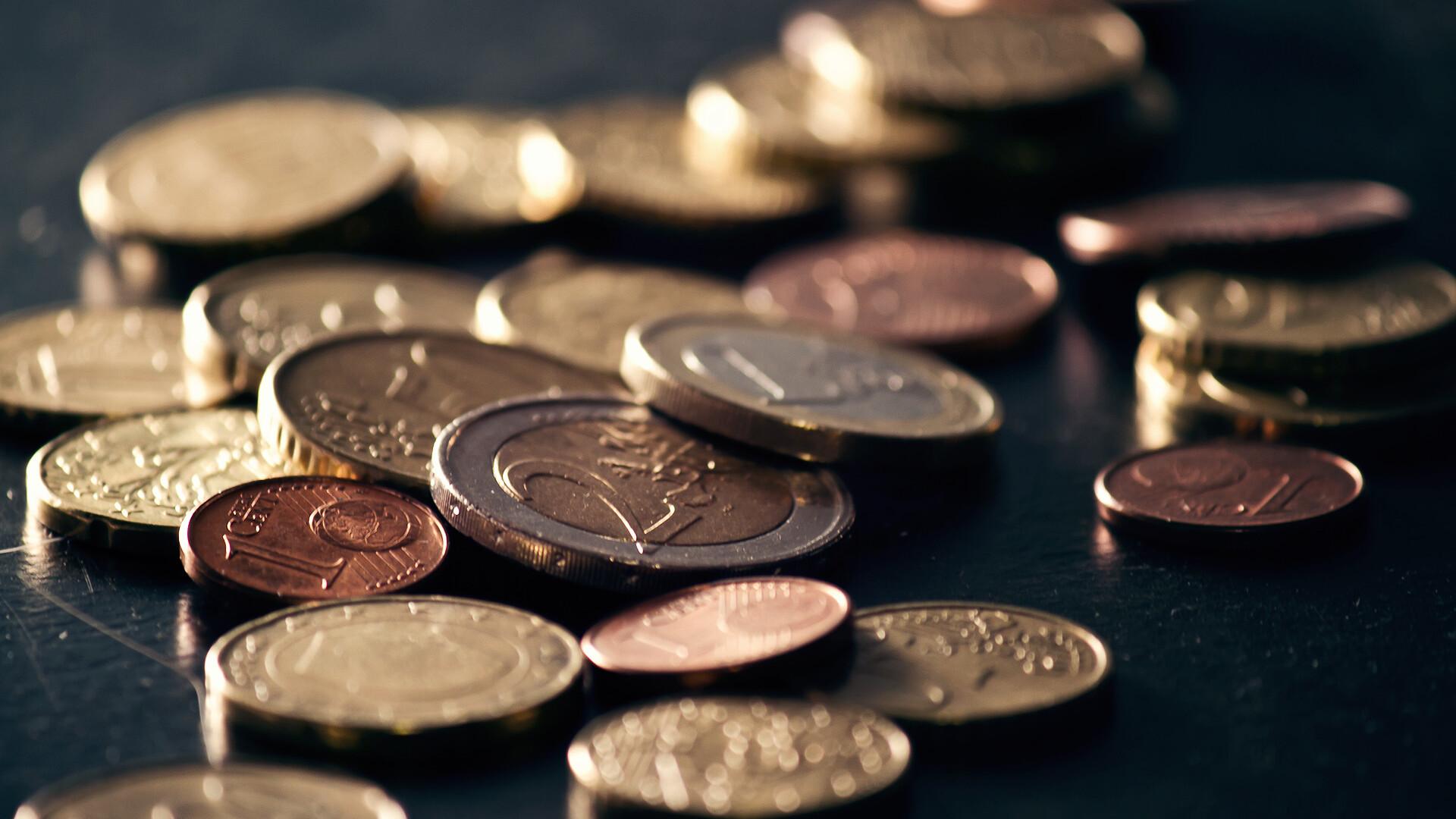Money runs the world, even in politics. Money is an important factor in any democracy – it enables or hinders political participation and campaigning. If political funding is not regulated, it can undermine the quality of democracy by making political processes and institutions untransparent. This is particularly difficult when it comes to the political participation of women.
As is well known, women are underrepresented in politics all over the world, despite local advances. Demo Finland’s new publication notes that in Europe, for example, it will take about 54 years to achieve gender equality in politics, and 163 years in South Asia and the Pacific. Here, too, money is a significant factor.
It is more difficult for women to raise funds for campaigning. This is due, among other things, to stereotypical attitudes and the fact that wealth is globally not evenly distributed between genders.
In Finland, too, the campaign funding of male candidates is higher, which raises the likelihood of being elected. In the 2015 parliamentary elections, for example, the campaign funding of male candidates was on average one fifth higher than that of women. However, more research is needed on campaign funding – there is no gender-disaggregated data in the statistics on campaign funding declarations, and data on the campaign funding in the 2019 parliamentary and EU elections are also not available by gender. Data on non-binary candidates’ campaign funding is non-existent.
No gender-disaggregated data on campaign financing in Finnish municipal elections is available since 2009. Share on XFinland is currently preparing for municipal elections. So far, the proportion of women has been particularly low at the municipal level. In the 2017 municipal elections, 39 percent of the elected councillors were women. Only 25 percent of mayors are women. No gender-disaggregated data on campaign financing in municipal elections is available since 2009, when a survey by the Association of Finnish Municipalities found that women’s Euro in the elections was only 81 cents.
Meanwhile, election preparations are also made about 8,300 kilometres south of Finland. In Zambia, municipal, parliamentary and presidential elections will take place in August. Election funding in Zambia is monitored only in terms of donations to political parties – and donations from abroad, for example, are allowed. Funds raised by candidates do not need to be declared. Indeed, the high cost and lack of transparency of election campaigns is one of the biggest obstacles to women’s political participation in Zambia. At the same time, corruption and high candidate fees are barriers to women’s political participation in particular. In a country where women’s political participation is very low – 9% at the municipal level and 17% in the Parliament – regulating political financing would be important, especially as no quota systems are in place.
As stated in the IFES publication on political finance and gender equality, it is difficult to find information on political finance from gender equality perspective. However, there are good practices for ensuring more balanced campaign funding for male and female candidates: ceilings for candidates’ campaign funding, transparency of campaign funding, public funding for parties and earmarked contributions to improve gender equality, elimination or reduction of candidate fees and separate funds for women in politics.
There are good practices for ensuring more balanced campaign funding for male and female candidates. Share on XCOVID-19 is further aggravating the unequal situation. Although elections have been successfully held in many countries, the pandemic has largely weakened the state of democracy. In addition, it has hit the economic situation of women in particular, affecting female-dominated sectors and increasing the amount of unpaid work at home. At the same time, as election campaigning takes place online and not on the streets due to the COVID-19 restrictions, there will also be more hate speech and online harassment against women who stand as candidates. Hate speech especially towards multiculturalism, women and sexual minorities has increased in Finland in recent years – but the phenomenon is global and women candidates in Zambia are also experiencing similar harassment.
Although the lack of funding is, unfortunately, only one of the obstacles to equal political participation of women, it is a significant one. Political parties, democracy support organisations and donors should take into account the importance of financial support for women’s political participation when elections approach, especially as COVID-19 further complicates the situation. Furthermore, voters can also consider how to support women candidates. There is no genuine democracy until everyone has equal opportunities to participate in decision-making.
—
The views expressed are those of the author and do not necessarily reflect the views of Demo Finland.

